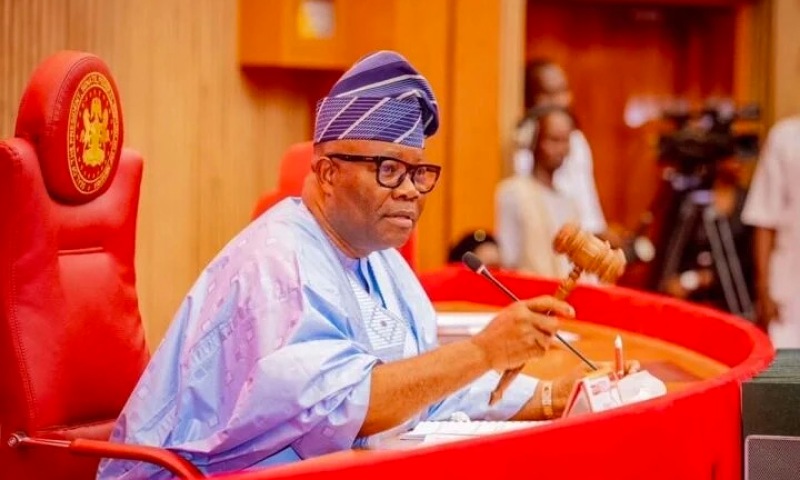The federal government of Nigeria has launched a nationwide revenue recovery exercise aimed at retrieving unremitted funds from various sectors within six months. The initiative involves the Revenue Mobilisation Allocation and Fiscal Commission (RMAFC) and the Federal Inland Revenue Service (FIRS) working in partnership with consultancy firms. The drive seeks to plug revenue leakages, strengthen fiscal governance, and increase contributions to the Federation Account Allocation Committee (FAAC).
Scope and Key Mechanisms
More than 50 consultants have been engaged to identify recoverable revenue from individuals, agencies, and companies that hold funds due to the federation. The RMAFC chairman described the exercise as a deliberate, result-oriented innovation rather than a routine audit. Meanwhile, the FIRS committed to supporting the process by tracking and enforcing remittance obligations.
Targets and Timeline
The government aims to complete the recovery effort by April next year. During this period, stakeholders expect clearer remittance records, tighter oversight of revenue-generating agencies, and full transfers to the federation’s account. The recovered funds will feed into national development priorities under the Renewed Hope Agenda of President Bola Tinubu.
Why This Matters
Nigeria faces a large revenue gap and pressure to optimize its domestic earnings. By pursuing unremitted funds, the government hopes to reduce dependence on borrowing and reinforce fiscal sustainability. Additionally, the move signals a shift toward more transparent accountability of government bonds and financial flows.
Implementation Challenges
Although the initiative shows strong intent, the government must ensure systems are in place to track revenue streams and enforce compliance effectively. Agencies have in the past faced budget shortfalls and remittance delays. Success will depend on cooperation across government tiers and adherence to timelines.
Conclusion
The federal government’s renewed focus on recovering unremitted funds sets a clear timeline and strong expectations for improved fiscal discipline. With consultants now on board and agencies aligned for action, Nigeria may strengthen its revenue base and support long-term development goals.
Bonus Read: Sanae Takaichi Set to Become Japan’s First Female Prime Minister




One thought on “FG moves to recover unremitted funds before April”